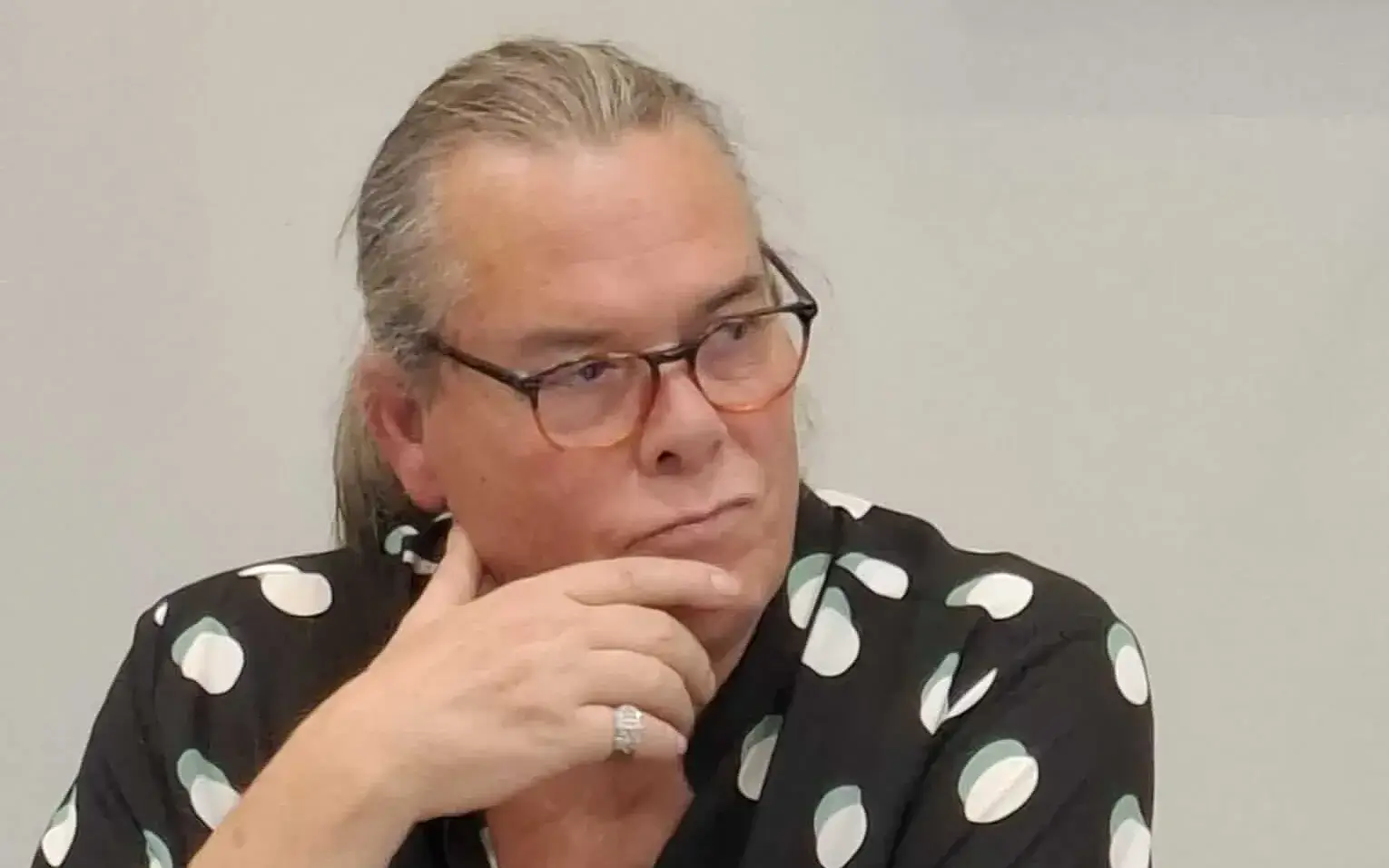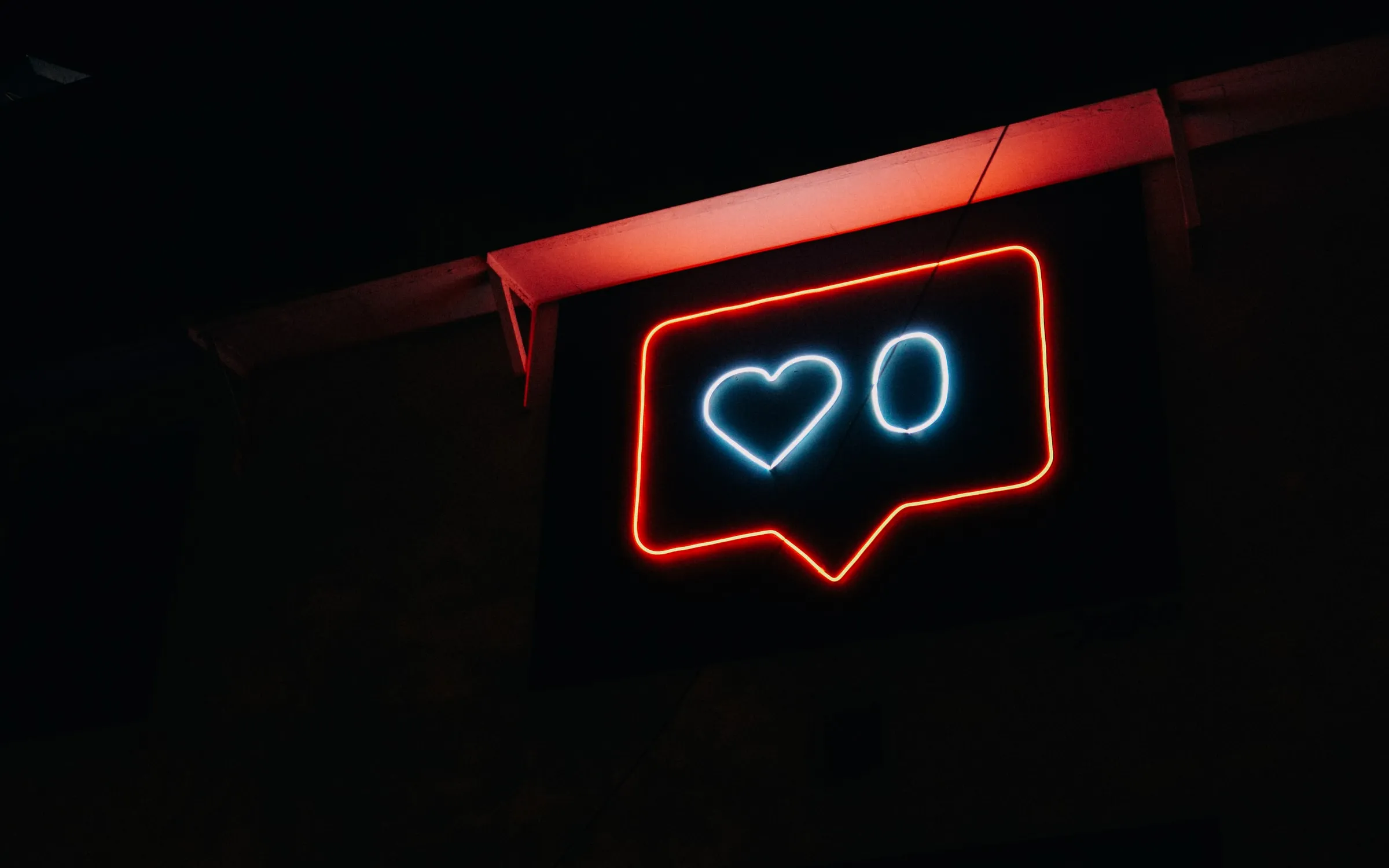Lídia Arroyo: "Social media need more of a feminist and LGBTIQ approach in their creation if they are to be a space of equality"
We talk with the sociologist and researcher in the UOC's Gender and ICT research group.
The Internet is a space for LGBTI people to meet, but also a space where they are discriminated.
The digital space makes some things easier, but it makes others difficult, since it’s not the technologies themselves that provoke change, rather it depends on who created them and who uses them. The Internet isn’t the cause but the means, and to analyze this we must look at who builds this space.
It is important that there is gender equality and for diverse people, taking into account the axes of inequalities, not just women and LGBTI persons, but also people who are racialized and people from diverse social classes. If they aren’t present in the decision-making spaces this will mean their voices will be silenced. In today’s technologies, those who take decisions are basically white, middle-to-high class men with a heteronormative vision.
Does the Internet have a heteropatriarchal structure?
A part of the hacker community is linked to anarchism and antipatriarchal activists who work to create inclusive technologies. Horizontality places everyone at the same level, but who has the time and resources to do this? Who sets the rules for this new citizen forum? Although there are activist groups working to change this, in a space of virtual competitiveness, those with greater resources to occupy the digital spaces are large digital capitalist companies.
According to several studies, 66% of people surveyed experience LGBTI-phobic harassment. Does anonymity cause us to take less responsibility for our actions?
Anonymity has traditionally been linked to the possibility of people with non-normative identities to start exploring their identity freely but, at the same time, hidden identity has also given rise to very serious sexist and LGBTI-phobic aggressions, especially against children and youths. Also, when it comes to criminality, and because of privacy issues, it becomes very difficult to identify who is committing such crimes.
How are we affected by cyber-harassment, especially in these times when mobility has been restricted?
A lot of work should be done, especially with youths, so they become aware of the impacts of cyber-harassment. Since these are not physical attacks, as is the case of violence against women, there is this false perception that the impacts are lower; but we must bring visibility to the impact of receiving certain contents or messages: from physical pain to the psychological, and even social impacts, and sustainability in all senses.
Any advice against LGBTIphobia on social media?
We need to start organizing collectively to respond to this harassment both in proprietary technology spaces and open software. LGBTI and feminist organizations have used these spaces to organize and collectively coordinate demonstrations and mobilizations.
Would disconnecting be an option, or would this be counterproductive to give visibility to LGBTI people?
One good idea could be to massively step out of proprietary social media and migrate to alternative, collaborative media, where women, LGBTI people from different social backgrounds, race and capacities play a greater role in their development, so these spaces are safe and equalitarian and where the data we produce are protected from digital capitalism. In doing this, we could leave the social media that are predators of our personal data.
In what way is the Internet good for LGBTI people?
The Internet offer many possibilities to gain visibility, to put topics relating to citizens’ rights on the agenda and to open horizons on affectivity; by this we open our minds to a much more flexible gender identity. However, we must be aware also that we are exposing our identity and what platforms do with the information and data we share on them.
It also facilitates access to information.
Yes, especially to young people on other worldviews. For people living in rural places or in places that are highly LGBTI-phobic, the Internet may be an important gateway that they wouldn’t find in their everyday lives. If you look well, you’ll find what you want on the Internet.
Does it generate community?
Right now, social media encourage personalism and individualism, and the community part is left out. Community, which is very sporadic, is generated around the sum of specific proposals, but not at an organizational level to create strong, sustainable and supportive online communities.
Personalism on social media means you have LGBTI “youtubers, “tiktokers” and “instagramers” who are a reference for the LGBTI community but who are individual protagonists looking for followers; they don’t aim to create community and collective cooperation.
So, all in all, does the Internet offer more advantages or disadvantages for LGBTI people?
I am strongly against deterministic and dichotomous technologies. The Internet depends on who creates it and how it is used. Social media need more of a feminist and LGBTIQ approach in their creation if they are to be spaces of equality and free of LGBTIphobia.







Add new comment